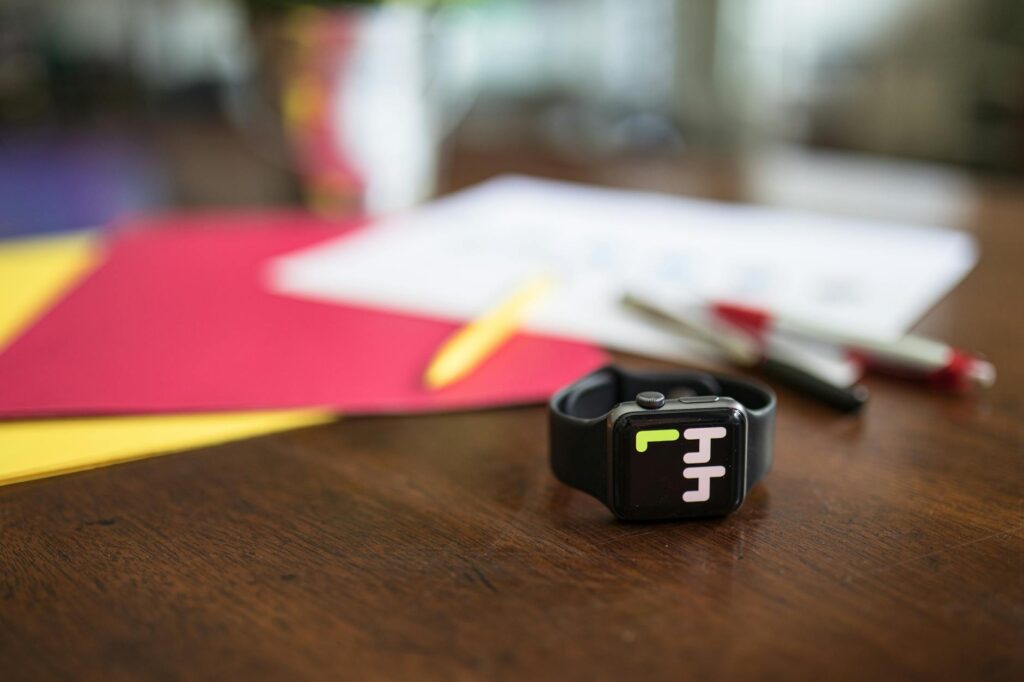What is time management apps comparison?

What is time management apps comparison?
In today’s fast-paced world, managing our time efficiently has become essential for balancing work, personal life, and everything in between. Enter time management apps—tools designed to help us optimize our schedules, prioritize tasks, and maximize productivity. But with so many options available, how do you choose the right app for your needs? Let’s dive into the world of time management apps comparison to see how these tools can enhance your daily routines.
Overview of Time Management Apps
Time management apps are digital solutions created to assist individuals in organizing their time effectively. Whether you’re a student, a professional, or anyone juggling multiple responsibilities, these apps serve a common purpose: to streamline your activities and reduce stress. They help you visualize your tasks, set deadlines, and track your progress.
Imagine having a personal assistant available 24/7, reminding you of deadlines and helping you focus on what truly matters. That’s the power of a good time management app. They fit seamlessly into both personal and professional productivity, making it easier to manage everything from daily errands to complex project deadlines.
Types of Time Management Apps
Not all time management apps are created equal. Here are some common types:
-
Task Managers: Apps like Todoist and Microsoft To Do help you create to-do lists, set priorities, and track progress. They’re great for organizing tasks by deadline or importance.
-
Calendar Apps: Google Calendar and Apple Calendar allow you to visualize your time, schedule appointments, and set reminders. They help in avoiding overbooking and in managing time blocks effectively.
-
Pomodoro Timers: Tools like Focus Booster utilize the Pomodoro technique, breaking work into intervals with short breaks in between. This method enhances focus and combats burnout.
Benefits of Using Time Management Apps
Utilizing time management apps brings several advantages:
- Increased Efficiency: By organizing tasks, you can get more done in less time.
- Better Task Prioritization: Knowing what to focus on first helps in managing workload effectively.
- Improved Focus: Many apps encourage you to concentrate on one task at a time, reducing distractions.
These benefits lead to a more organized and productive lifestyle, thus improving work-life balance.
Criteria for Comparison of Time Management Apps
When evaluating time management apps, several criteria should be considered to make an informed decision:
User Interface and User Experience
A clean, intuitive user interface is crucial. If an app is difficult to navigate, it can lead to frustration rather than productivity. Look for apps that have simple designs and offer a smooth user experience.
Features and Functionality
Essential features to consider include:
- Reminders: Automated notifications help you stay on track.
- Integration with Other Tools: Apps that sync with tools you already use (like email or project management software) can save time.
- Reporting Capabilities: Some apps offer insights and analytics on how you spend your time, helping you identify areas for improvement.
Pricing Models
Not all apps are free. Consider the pricing structures available:
- Free Versions: Basic features often come at no cost, making them accessible.
- Freemium Models: These allow limited use for free, with the option to pay for advanced features.
- Subscription-Based: Monthly or annual fees grant access to full functionality and updates.
Comparison of Popular Time Management Apps
Let’s take a closer look at some of the most well-known time management apps currently available:
Trello vs. Asana
Trello and Asana are two popular project management tools that help teams collaborate effectively. Trello uses a card-based system, allowing for easy visualization of tasks through boards. Asana, on the other hand, offers a more structured approach with lists and timelines. Both have their merits, but if you prefer visual organization, Trello may be the better choice. For more detailed comparisons, check out TechRadar’s best time management solutions.
Todoist vs. Any.do
Todoist is known for its versatility, allowing you to categorize tasks and set recurring due dates. Any.do, on the other hand, emphasizes simplicity and has a built-in calendar feature. Both offer excellent task management capabilities, but if you want deep customization, Todoist is a solid option. For further insights, you can refer to the Best Time Management Apps of 2024.
Google Calendar vs. Microsoft Outlook
Google Calendar and Microsoft Outlook serve as robust calendar tools, but they cater to different user preferences. Google Calendar excels in personal use with its seamless sharing abilities and integrations. Outlook is more comprehensive for business users, providing email and calendar functionalities in one platform. Your choice largely depends on whether your focus is personal scheduling or professional communication.

Photo by RDNE Stock project
Conclusion
Choosing the right time management app can significantly impact your productivity and overall effectiveness. Each app offers unique features and capabilities tailored to different needs. Whether you’re looking for advanced task management or a simple calendar, there’s an app out there for you.
Experiment with various options and determine which one aligns best with your personal productivity style. After all, the right tool can make all the difference in achieving your goals and maintaining a healthy work-life balance. So why not start comparing and find the perfect time management app for your needs today?